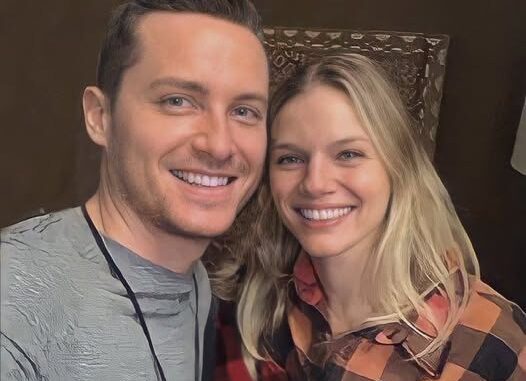
The series centers on the Intelligence Unit of the 21st District, led by the enigmatic and morally ambiguous Sergeant Hank Voight, masterfully portrayed by Jason Beghe. Voight’s gravelly voice and unorthodox methods became the show’s signature, introducing audiences to a protagonist who defies easy categorization. Neither fully hero nor villain, Voight operates in the shadowy ethical borderlands where protection of the innocent sometimes requires actions the innocent might not wish to witness. This central tension—between justice and legality, between protection and corruption—provides the philosophical backbone for a series unafraid to wade into uncomfortable territory.
What distinguishes “Chicago P.D.” from its procedural predecessors is its willingness to portray police work not as a straightforward pursuit of justice but as a complex negotiation between competing values. The Intelligence Unit members find themselves regularly confronting situations where the clear moral path is obscured by practical realities, departmental politics, personal histories, and the brutal mathematics of public safety. Unlike earlier police dramas that presented neat resolutions within their episodic structures, “Chicago P.D.” allows ethical questions to linger uncomfortably across seasons, with decisions made in earlier episodes creating ripple effects that transform characters and relationships in profound ways.

“Chicago P.D.” distinguishes itself through visual storytelling that matches its thematic intensity. The show’s Chicago is not the gleaming architectural showcase seen in tourism advertisements but a city of harsh contrasts—opulent high-rises casting shadows over struggling neighborhoods, political corruption undermining public institutions, and communities caught between fear of crime and distrust of those sworn to protect them. Directors favor tight close-ups during interrogations, handheld camera work during tactical operations, and moody nighttime scenes that emphasize the literal and figurative darkness in which much of the unit’s work occurs. This visual approach creates an immediacy and tension that pulls viewers into the ethical dilemmas facing characters.
The series has not shied away from engaging with real-world controversies surrounding American policing. Episodes have tackled police shootings, racial profiling, departmental corruption, and the tension between community relations and effective crime reduction. Rather than offering simplistic solutions, the show presents these issues through the complicated perspectives of officers attempting to navigate bureaucratic pressures, community expectations, and their own moral compasses. This willingness to engage with difficult questions without providing easy answers has maintained the show’s relevance through changing political climates.
What ultimately elevates “Chicago P.D.” beyond standard procedural fare is its exploration of family—not the biological kind, but the bonds formed through shared danger, trauma, and purpose. The Intelligence Unit functions as a chosen family, complete with all the dysfunction, loyalty, conflict, and protection that implies. Members fight, disagree, disappoint, and occasionally betray one another, yet remain fiercely protective of their collective identity. This portrayal of professional family—with Voight as its complicated patriarchal figure—resonates with viewers’ understanding of workplace relationships and the intense bonds formed in high-stress occupations.
As “Chicago P.D.” continues its run as one of television’s most successful police dramas, its influence on the genre becomes increasingly apparent. Newer police shows have adopted its moral complexity, visual intensity, and willingness to present protagonists who operate in ethical gray areas. The series demonstrated that audiences could handle—and indeed, craved—stories that reflected the complicated reality of modern policing rather than simplified morality tales.
